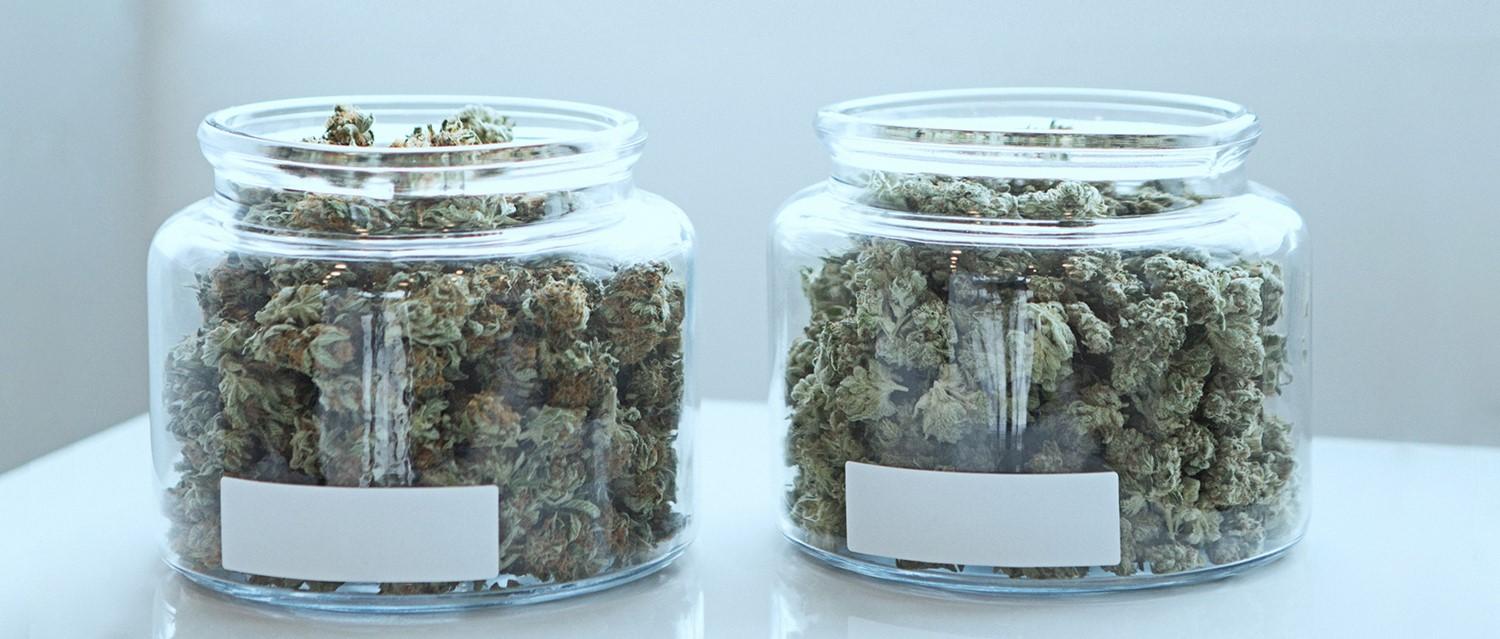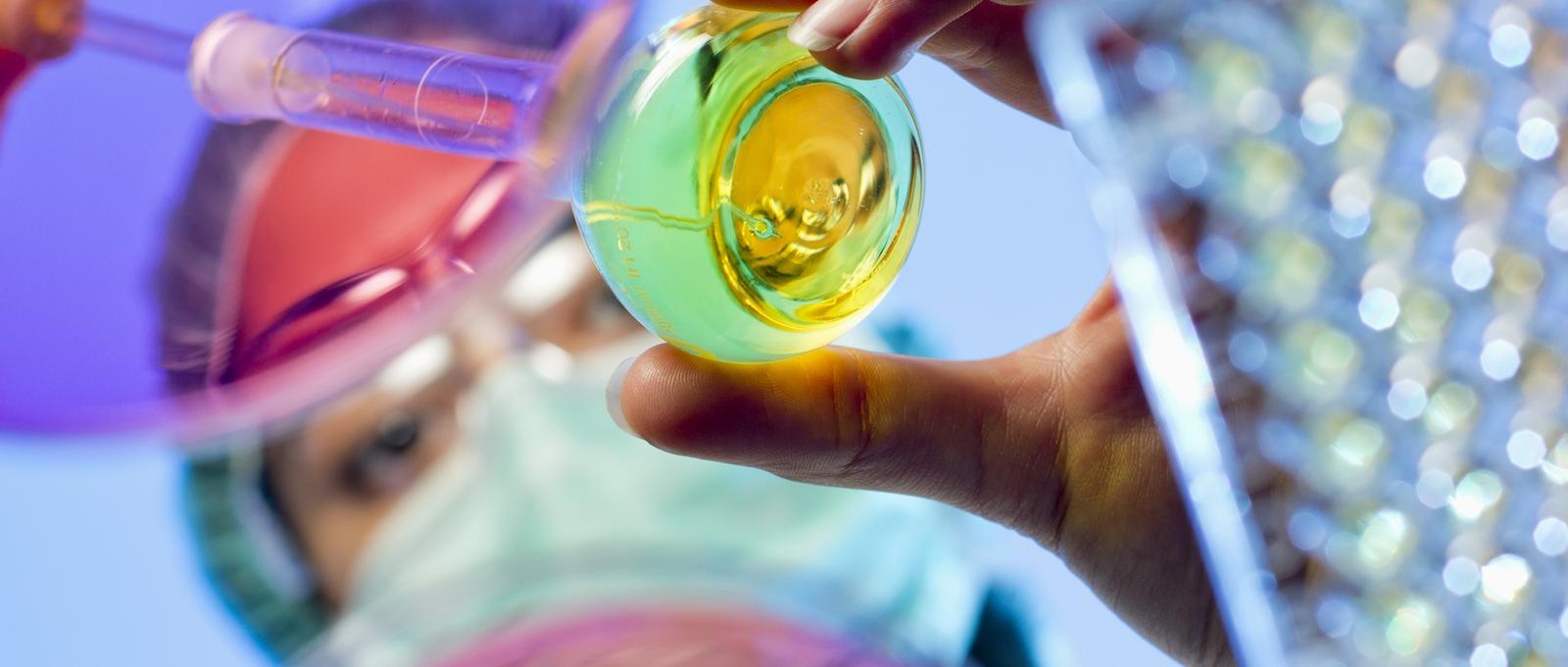
Why is medical cannabis so hard to access on the NHS?
Peer reviewed by Dr Sarah Jarvis MBE, FRCGPLast updated by Ashwin BhandariLast updated 5 Aug 2019
Meets Patient’s editorial guidelines
- DownloadDownload
- Share
- Language
- Discussion
It's now legal for cannabis medication to be prescribed in the UK. But only a handful of prescriptions have been filled. We explore why it's still so hard to access on the NHS.
In this article:
Cannabis in its recreational form has been a class B drug in the UK since 2001. But years of appeals for its medicinal use for patients with severe epilepsy and other debilitating conditions brought about legalisation in November 2018 for certain doctors to prescribe it.
Continue reading below
The difference between THC and CBD
Cannabis contains many different types of chemicals, but the two ingredients that have been most studied for their medical properties are THC and CBD.
THC (tetrahydrocannabinol) is the psychoactive compound of cannabis that causes the user to become 'high'. Various studies suggest this chemical could benefit some patients with pain, muscle spasticity, glaucoma, nausea and inflammatory bowel diseases.
CBD (cannabidiol) is non-psychoactive (you can't get high from it on its own). Last year it was estimated that over 300,000 Britons use CBD-related products, available from a wide variety of shops, including health food shops. CBD is easy to access due to its classification as a herbal supplement rather than a medicine, and may help with issues such as anxiety and insomnia (many users swear by it, although the evidence is scant for any CDB product). However, there's no guarantee that the products you can purchase in health shops will be of sufficient strength or quality to produce the well-being benefits claimed on the label.
Currently, the only forms of medical cannabis that patients can access with very limited availability are Sativex (a spray containing 2.7% THC, and 2.5% CBD), and nabilone (a synthesised form of THC) in capsule form.
Sativex is used in a small number of patients to relieve the muscle spasms that occur with multiple sclerosis (MS), whilst nabilone may help with severe nausea and vomiting following chemotherapy. Both products are legal, but are very difficult to obtain through the NHS, and are only available when other treatments haven't worked.
At the moment, there are no forms of medical cannabis licensed to treat epilepsy in the UK. A cannabis-based medicine called Epidiolex, containing CBD, is currently going through the licensing process and can be prescribed in rare circumstances.
Billy Caldwell and Alfie Dingley were the first patients in the UK to receive unlicensed cannabis oil (containing THC) through the NHS to treat their severe epilepsy after their parents campaigned for months.
Deep-rooted stigma
Until very recently, government guidelines did not distinguish between recreational and medicinal use of cannabis.
Professor David Nutt, chairman of Drug Science - a UK-based drugs advisory committee - is currently leading a project called Twenty21. He aims to educate doctors on how cannabis can be helpful in certain conditions such as Tourette's syndrome.
He says some people have had to obtain cannabis through illegal methods to find relief for their symptoms, risking a criminal record and up to five years in prison.
"Anywhere you go, you smell cannabis being smoked. The problem is that what people are smoking is largely strong cannabis, and that probably isn't the best for medical cannabis."
Cannabis' illegal status has hindered it being taken seriously for medical purposes, he says. It's also made it hard for scientists to research its medical potential.
Continue reading below
The side effects to consider
As with any medicine, medical cannabis will have side effects, at least for some. We already know that smoking cannabis is linked to lung cancer, nausea and erectile dysfunction. Smoked cannabis is usually mixed with tobacco which carries even more health risks.
The impact on users' mental health has also been studied - there's evidence that it can lead to poor memory, lack of motivation, schizophrenia and anxiety. Teenagers who smoke high-THC strains of cannabis are also more likely to experience psychosis and in some cases, it increases the risk of suicidal behaviours.
Longitudinal studies have also shown that cannabis can drastically alter a child's brain as it is developing, impairing cognitive function. However, other evidence suggests that once an adult turns 25, this no longer applies.
It's worth noting that many of these studies focused on cannabis users who obtained the drug on the street, where THC strengths are mostly unknown to the users and often the dealers themselves.
Nutt, perhaps controversially, believes that the paranoia perceived as a side effect may not be just due to the effects of THC, but also the risk of being caught with an illegal substance.
"When people say, 'cannabis causes psychosis', one of the reasons for that is because there's always this terrible risk that you're going to get arrested. I know a guy who has multiple sclerosis. He has used Sativex, but it does not work, so now he uses very strong THC, to control his symptoms. He says: 'The reason I'm paranoid is that I know I am breaking the law'."
"Of course there are downsides to cannabis; it would be naive to think that there wouldn't be. But many of these downsides could be rectified if we were smart enough and knowledgeable enough with our patients," Nutt reveals.
Cost for patients
It's not easy to obtain medical cannabis on the NHS. Due to such products being unlicensed, and having limited evidence right now, the government has restricted prescribing to doctors listed on the Specialist Register of the General Medical Council. This means that GPs are not allowed to prescribe, although it is possible that in future they may be able to issue repeat prescriptions for patients started on treatment by specialists and under ongoing specialist monitoring.
A letter to healthcare professionals from the Chief Medical Officer, following the change of law, advised: "NHS England expects that cannabis-based products for medicinal use should only be prescribed for indications where there is clear published evidence of benefit or UK Guidelines and in patients where there is a clinical need which cannot be met by a licensed medicine and where established treatment options have been exhausted."
It continues: "In addition, a Specialist doctor on the General Medical Council Specialist Register should only make the decision to prescribe within their own area of practice and training (eg physicians for adults should not be prescribing for children) and the decision to prescribe should be agreed by the multidisciplinary team."
Often the only solution is to go privately. Visiting a consultant can cost up to £250, which is unlikely to be covered by UK health insurance companies.
"Most medical cannabis being prescribed costs over £500 a month. You can only prescribe it for a month at a time because of worries it could be abused. So people have to keep going and getting the prescriptions which adds to the price," says Nutt. "And for children with epilepsy, they require more of the product to stabilise their condition."
Professor Michael Barnes is the clinical director of The Medical Cannabis Clinics, a private group of clinics that help patients access cannabis products via referrals from their GPs. He says that current NICE guidelines which state that medical cannabis is not a cost-effective option have made it challenging to prescribe. Transporting the product to the UK is also a problem.
"It can take a long time to get it in the country. And then you can only get a one-month supply. So the irony of it is you prescribe one month's supply, and then a month later, you have to write the next prescription before the papers even got the first prescription filled, which is a ridiculous situation."
Continue reading below
What does the future hold?
Barnes's clinics are currently located in Manchester and Birmingham, with a further branch soon to open in London. There are currently 150 patients on the waiting list.
Private cannabis clinics will likely continue to pop up across the country. For instance, The Sapphire Clinic, recently opened in London, is the first cannabis clinic to employ paediatric neurologists so that parents can be advised on what medication is right for their child. However, there will still be high costs for the consultation.
NICE's guidelines on the subject are set to be updated in October 2019, which should help doctors make more informed decisions about medical cannabis in future.
"I want to prove to doctors that prescribing medical cannabis in Britain is feasible and rewarding, and something they should embrace, and not be hostile towards or frightened of," says Nutt.
Patient picks for GP surgery and NHS services

General health and lifestyle
Are online doctor's appointments the future for healthcare?
In these days of digital connection, the way we access medical care is evolving. Most GP surgeries had an online offering prior to the pandemic, and with the COVID-19 crisis preventing all but essential in-person contact, the uptake and availability of online doctor's appointments have increased. Are we looking at the future of healthcare?
by Gillian Harvey

General health and lifestyle
Clinical trials - helping to keep your medicines safe.
#MedSafetyWeek, promotes the Yellow Card scheme where you can report any suspected side effects from your medicine or health device. But, thanks to all the hard work that goes on before any medicines or devices come to the market, it is not something you will hopefully have to do very often. All new drugs and jabs have to be thoroughly tested before they are allowed to be prescribed, which requires people to take part in clinical trials. Scientists go to great lengths to ensure these trials are safe.
by Victoria Raw
Continue reading below
Article history
The information on this page is peer reviewed by qualified clinicians.
5 Aug 2019 | Latest version

Ask, share, connect.
Browse discussions, ask questions, and share experiences across hundreds of health topics.

Feeling unwell?
Assess your symptoms online for free
Sign up to the Patient newsletter
Your weekly dose of clear, trustworthy health advice - written to help you feel informed, confident and in control.
By subscribing you accept our Privacy Policy. You can unsubscribe at any time. We never sell your data.